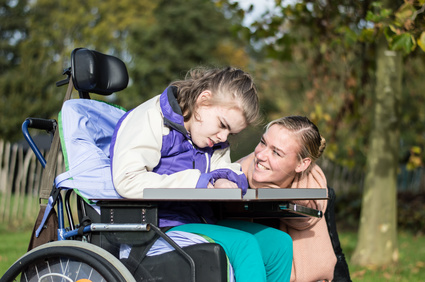OPWDD Services
For Families with OPWDD Eligibility
Your donation can help open the door.
Education Advocacy
Consultation with an advocate: Our advocates are able to support families through the special education process through a variety of venues including email, phone, face to face, letter writing, assistance at school meetings and reviewing records.
Intensive Advocacy Program
Lay Advocacy Trainings: FRN contracts with regional special education Lay Advocates to bring families and professionals an additional intensive educational experience. These workshops are designed to further participants understanding of special education law, the issues that surround special education and how best to resolve them.
Enhanced Autism Trainings
Our Autism Training Program brings authorities on various topics related to Autism to locations in our geographic area.
Support Groups
Family support groups for families of individuals with OPWDD eligibility. We understand that caring for a child or adult with a developmental disability can be isolating and that being with someone who “gets it” can be healing. We are offering these groups as an opportunity for families to form connections, support each other, and learn from each other.
Support to Community Groups
A program designed to facilitate inclusion in the community. At a family’s request, our staff can provide an informative presentation for a group on a topic of their choice.
Family and Provider Trainings
Small workshops and trainings presented by community members or FRN staff. These trainings generally last 2-3 hours and cover a wide variety of disability related topics.
Dragon Dates Program
The goal of this program is to provide individuals with OPWDD eligibility and their families the opportunity to develop their social skills in an open, friendly and accepting environment.
Service Access Program
This program is able to assist families before they have received OPWDD eligibility. Through the Service Access Program, FRN staff are able to identify potential OPWDD eligible individuals and introduce them and their families to the “Front Door” eligibility process. Staff can educate families and providers about OPWDD eligibility through group information sessions held at community agencies (i.e. Early Intervention agencies, medical and mental health care providers, county DSS, and other frequent referral sources.

How to Volunteer
Volunteers are Integral to our Success.
As a non-profit organization and meeting the mission with limited resources, FRN is always looking for your help!
